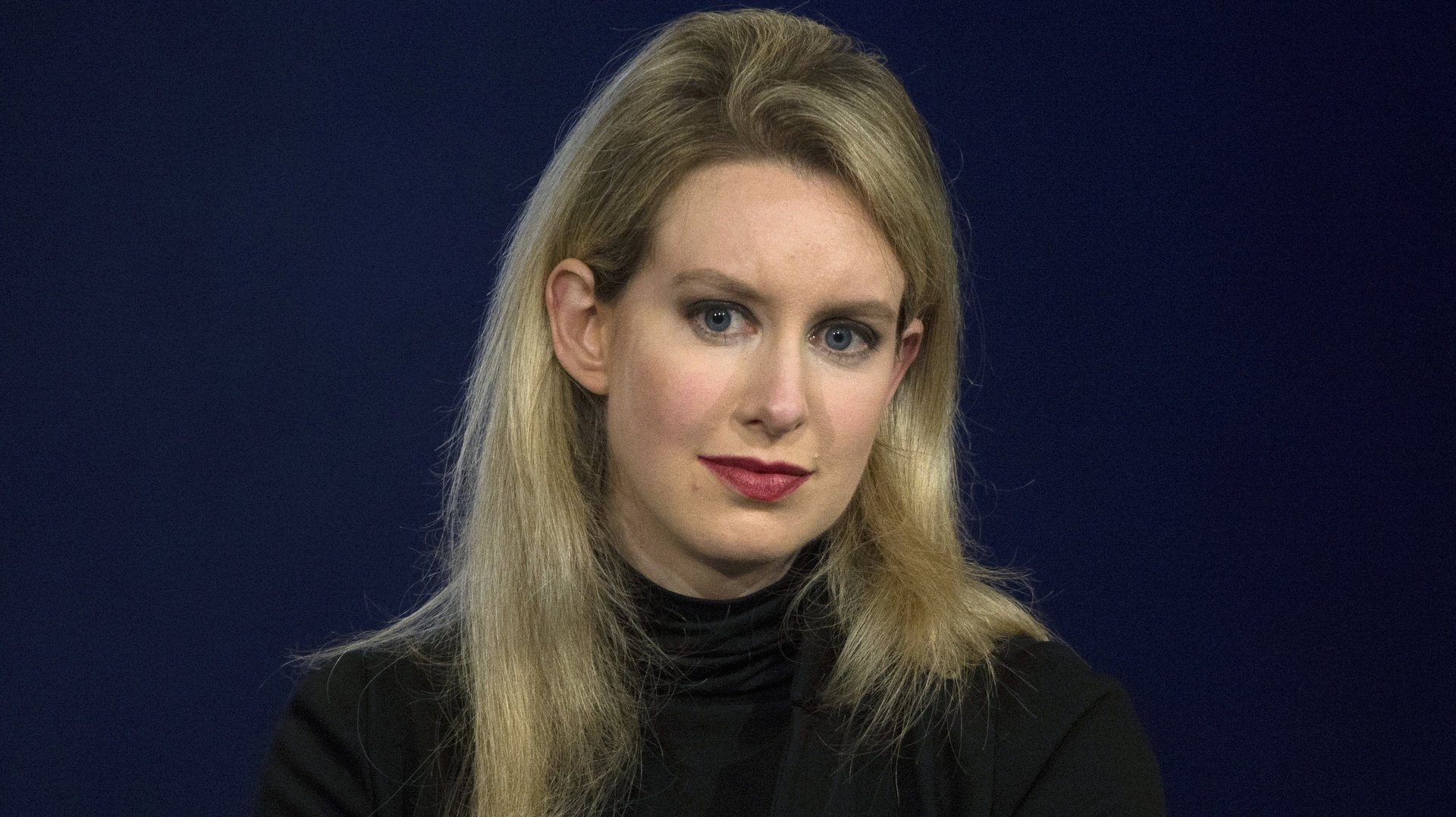SEC accuses Theranos and CEO Holmes of “massive fraud” while warning Silicon Valley startups
The Securities and Exchange Commission did not mince words. In its March 14 statement, Theranos and its CEO Elizabeth Holmes were charged with “massive fraud” for raising more than $700 million from investors through “an elaborate, years-long fraud in which they exaggerated or made false statements about the company’s technology, business, and financial performance.”


The Securities and Exchange Commission did not mince words. In its March 14 statement, Theranos and its CEO Elizabeth Holmes were charged with “massive fraud” for raising more than $700 million from investors through “an elaborate, years-long fraud in which they exaggerated or made false statements about the company’s technology, business, and financial performance.”
The SEC said Theranos and Holmes were cooperating. Holmes was stripped of her control of the once high-flying blood testing company and charged along with President Ramesh “Sunny” Balwani with defrauding investors. She was also hit with a $500,000 penalty. Holmes cannot serve as an officer or a director of a public company for 10 years. Under the terms of the settlement, still subject to court approval, neither Theranos and Holmes admitted to the SEC allegations. But a statement by Theranos’ independent directors said, “the company is pleased to be bringing this matter to a close and looks forward to advancing its technology.”
The agency alleges Theranos, Holmes, and Balwani repeatedly misled investors with investor presentations, product demonstrations, media articles, and false statements about the company’s technology. Theranos claimed its portable blood testing techniques could rapidly assess a variety of diseases for a fraction of the price of conventional testing through just a finger pinprick. Theranos later claimed, the SEC added, that its products were being used by the U.S. Department of Defense in Afghanistan and it was on track to generate more than $100 million in 2014.
None of these claims were true, the SEC alleges. A Wall Street Journal investigation that broke the story in 2015 found that Theranos blood tests, deployed in pharmacies such as Walgreens, often failed quality tests, were far less comprehensive than claimed, and were often run on standard equipment. Holmes, the youngest self-made female billionaire after investors valued Theranos at $9 billion, soon came under investigation by regulators. She was banned from running a lab for two years by the Centers for Medicare and Medicaid Services. Since then, the company has been on a downward spiral, spending upwards of $10 million per month on legal fees, while shrinking its workforce from 900 employees to just 170 last year.
The SEC made a point of singling out other startups tempted to emulate Theranos’ fast-and-loose relationship with the truth. “The charges against Theranos, Holmes, and Balwani make clear that there is no exemption from the anti-fraud provisions of the federal securities laws simply because a company is non-public, development-stage, or the subject of exuberant media attention,” it stated. The move follows the SEC’s $980,000 fine (pdf) against insurance startup Zenefits in 2017 over “materially false and misleading statements and omissions” over meeting state insurance laws.
In case that wasn’t clear, Jina Choi, Director of the SEC’s San Francisco Regional Office made it explicit. “The Theranos story is an important lesson for Silicon Valley,” she said in the SEC statement. “Innovators who seek to revolutionize and disrupt an industry must tell investors the truth about what their technology can do today, not just what they hope it might do someday.”